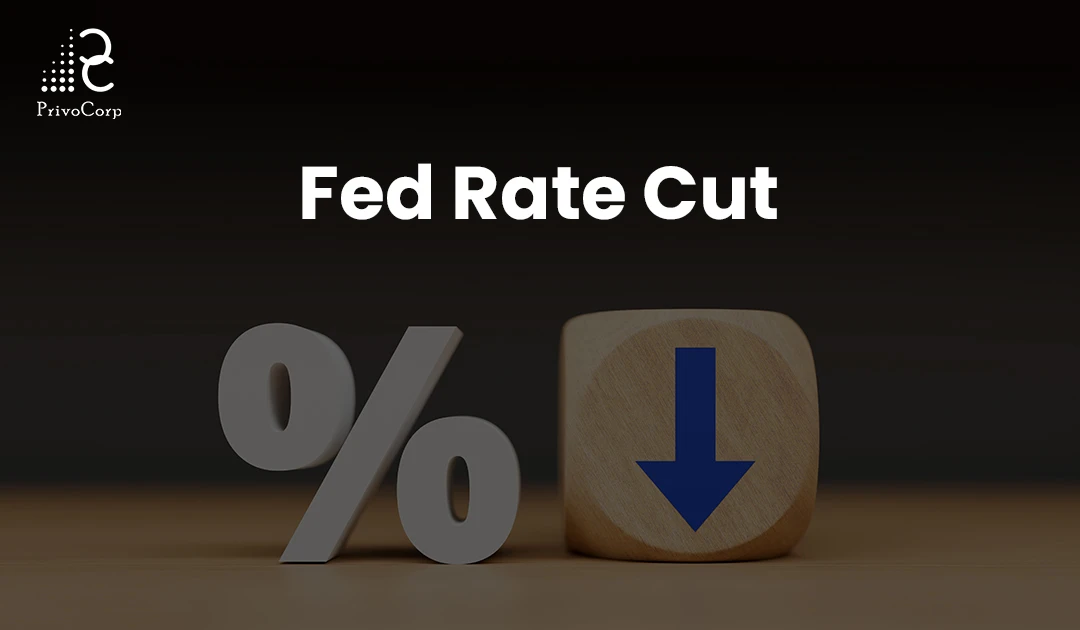The Covid-19 pandemic forced most industries to innovate and find new ways to ensure business continuity. In response to social distancing measures and recommendations to not gather in large groups, turning to digital tools was the way out to keep some semblance of normality.
While the pandemic accelerated the need for digitalization across numerous sectors, including financial services, those who already had digitized operations gained a competitive edge. In the mortgage industry too, companies who were able to use technology well and could rethink their business model managed to be ahead in the game.
Myriad challenges
In early March, the WHO declared the COVID-19 outbreak a global pandemic. Soon after, mortgage applications declined for two consecutive weeks as the coronavirus continued to create instability in the housing market. According to the Mortgage Bankers Association (MBA), mortgage applications dropped 29.4% for the week ending on March 20, 2020. Amidst the upheaval, there were unprecedented spikes in mortgage delinquencies, major alterations in the home purchase process, significant job losses, and income uncertainty for home buyers and homeowners alike which all shocked the credit markets supplying capital to the mortgage industry.
This was also the time when employees of lenders and originators were forced to work from home. For some companies, moving to a remote environment exposed insufficient supporting technology and peripherals. Working outside of the office also meant operating outside security systems which became a major concern. With personal Wi-Fi networks being used, lenders were forced to implement additional security measures.
Even as employees were adjusting to this new normal, homeowners were rapidly exploring the option of forbearance, causing mortgage lenders and servicers to come under tremendous pressure to handle the sudden spike in the volume of work. Following the Coronavirus Aid, Relief and Economic Security (CARES) Act, most lenders and servicers were inundated with calls from panicked homeowners wanting to know about forbearance options.
The result: even though the situation was extremely demanding, originators and servicers alike still had to take requisite steps to ensure that business continued with regularity.
Technology to the rescue
Traditionally, the mortgage market has been a little slower on FinTech adoption compared to other sectors. However, in the early days of the pandemic, it became clear that companies who embraced modern technologies could manage to withstand the turbulent times. These were the ones who could deliver stellar customer service and boost business recovery while dealing with the pandemic.
Automation played a major role in offering a better level of digital service to customers. Even while dealing with the deluge of calls and handling the spike, those which were better prepared managed to design a specific route on their website to direct customers to online services to avoid overloading their call centers. Technology played a vital role even as a lot of simple customer queries were directed to sophisticated Artificial Intelligence (AI)- powered customer service bots, allowing customers to help themselves. This freed up the time of the actual advisors to tackle the more complex situations and susceptible customers.
Along with AI, utilizing other technologies like Machine Learning (ML), Robotic Process Automation (RPA), etc also meant services could be more customer-centric based on data, delivering more tailored products. In the process, it also became clear that implementing the right technology is integral. Mortgage lenders were required to deliver customer-centric offerings that could unlock benefits specific to their client base.
Moreover, such adoption of technology proved to extremely beneficial to those who implemented it since they could offer an advantage to customers in the form of greater choice, efficiency, and possibly lower cost. Technology also helped resolve many issues by leveraging end-to-end digital origination and servicing, default prediction, optical character recognition (OCR), and self-service tools such as smart chatbots to perform customer requests.
In fact, during the pandemic, servicers increasingly realized the importance of using advanced tech versions. Up until then, lenders were using AI and ML only for basic data analysis and to appraise the loan applicant. Through the pandemic, they understood the importance of using advanced versions to find hidden financial relationships of borrowers, crunch large volumes of data, and most importantly, predict the behavior of the loan applicant. With increasing customer expectations, operational challenges, and stricter regulatory requirements, lenders’ usage of AI and ML increased exponentially.
Tech as the new normal
All through this volatile time period, automation has helped reduce the time to close loans, by combining shorter turn times with faster identification of pain points, in turn making borrowers happier. Another important payback of the use of technology has been that originators and lenders have been able to shun the dependency on the human element while streamlining the daily tasks of employees working from home. The companies that leveraged technology were definitely much better off than those that were completely dependent on the human factor and whose business suffered majorly.
Those lenders and originators who could not undertake the tech efforts on their own started engaging with third-party vendors and support channels to reduce the closing time, mitigate risk, and reduce the cost per loan. Overall, the COVID-19 pandemic showed the benefits of being technologically prepared. Through easy-to-use, interactive, and omnichannel technological experiences from origination to closing the loan, automation helped ease the customer journey. Moreover, the companies who adopted technology stood testimony to the adage ‘Survival of the fittest’!
If you are seeking help in processing loans, pre-underwriting, engaging with borrowers, then do reach out to PrivoCorp. Write to us today at marketing@privocorp.com








